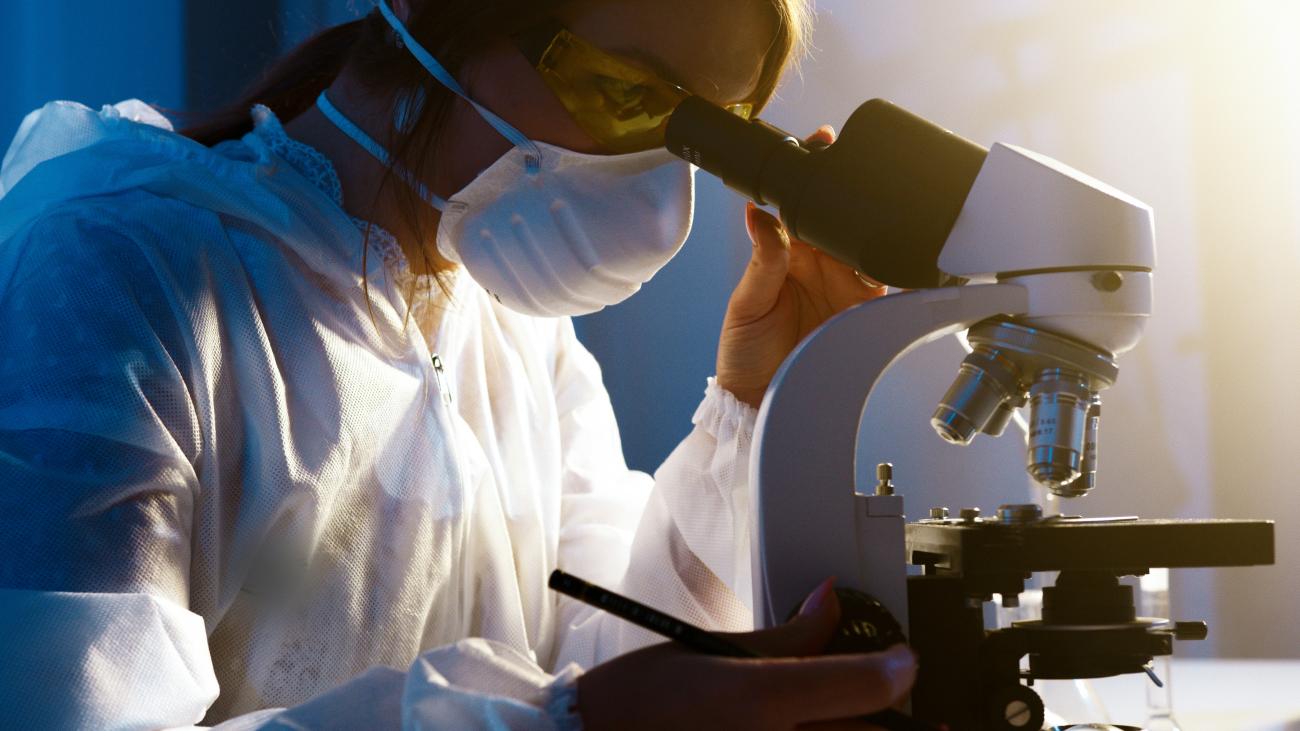Database providing access to the High Technology Network's industrial research offering: research competences, type of analyses and tests available at the Laboratories. Companies can consult the Catalogue to find Laboratories and researchers that match their needs.
Competence
Analysis of MANAGEMENT FRAMEWORK for the protection and valorisation of cultural heritage
Analysis of OPERATIONS, STRATEGIES AND EVALUATIONS OF INVESTMENT PLANNING for interventions on cultural heritage
Cataloguing, evaluation and diagnosis of the conservation state of the buildings and artefacts
Characterization of products of microbial origin: biomass, metabolites, natural antibiotics. Conversion and transformation processes of food an by-products
Combined stabilization strategies to enhance shelf-life and food safety
DATABASE for touristic valorization and fruition
Development of cultural heritage management documents (MANAGEMENT PLAN)
Documents for external REPORTING
ECONOMIC ASSESSMENT tools for valorisation (business plan, financial planning, budget, accounting systems, ..)
Effects of packaging on the evolution of food microbial population
Elements and tools for TERRITORIAL MARKETING
Evaluation of MANAGEMENT SYSTEMS for organization and valorisation of heritage
Innovative strategies for microbial control: the use of natural antimicrobials and thermal treatments
INTEGRATED DIGITAL PROCEDURES for valorisation / conservation of cultural heritage
Interaction between food microorganisms and gut microbiota
Internal ECONOMIC MONITORING systems for valorisation and performance of the interventions
MAPPING of the business SUBJECTS in the cultural sector
Marker identification for the instrumental detection of desired or undesired microflora: set up of markers or indicators
Microbial analysis, challenge tests, instrumental analyses
Microbial response to environmental stress: optimization of microbial performance
Microbial strain selection for food production: enzymatic, physiological, and genetic characterization
Microbial strain selection: technological characterization
Microbiological activity in food: risk analysis
Modulation of microbial growth and shelf-life evaluation as a function of formulation and storage condition
Molecular analyses for the identification of pathogens and spoilage microorganisms and the evaluation of their impact on final product,
Optimization of traditional stabilizing treatment to improve food quality
Organization of educational workshops for technology transfer and continuous training
Organization of professionals training in construction sector and cultural heritage preservation sector
Otpimization of fermentation conditions: traceability and authenticity of typical or brand fermented food products
PARTNERSHIP building and networking for management and valorisation of cultural heritage
Predictive microbiology for shelf-life prevision, for food safety and for innovative products.
Procedures and optimization of microbiological processes in fermented food and feed
Process and plant optimization for fermented foods
Programming of the sensitive variables monitoring
PUBLIC GOVERNANCE tools (management of the reports at the territory )
Quality, safety and impact on human health of fermented products containing probiotic microorganisms
Research for potential sponsors
Systems for internal and external COMMUNICATION for territorial liaison
Technical evaluation of CONTINUOUS MONITORING
TRAINING of the protection authorities for the conservation, management and valorisation of cultural heritage

